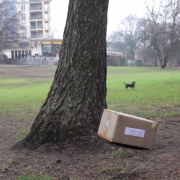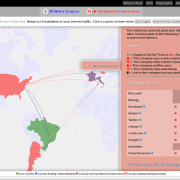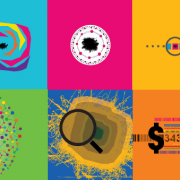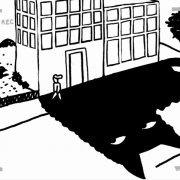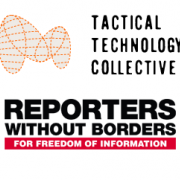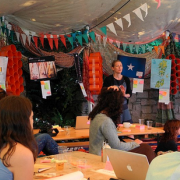
A baseline understanding and application of digital security and privacy is becoming essential for everyone living and working online; particularly those involved in work that tends to attract adversaries, such as activism, media and politics.
For women, the threat escalates. Not only are their public profiles threatened, but their emotional and mental wellbeing, their work, and their networks are too. In recent years, we have seen plenty of cases where prominent female figures have been targeted through ugly online smear campaigns, information theft, gender-based harassment, hacking, and exposure. The recent hashtag campaign #YesAllWomen received 1.6 million tweets, which provides a good summary of misogynist behaviour online.
Women's rights activists often work on subtle, taboo, difficult and nuanced issues like bodily rights, sex-work, sexual and gender equality. These are all highly polarising issues that challenge the status quo – religion, in institutions, media, arts, culture, interpersonal relationships in the family. This sort of work makes them targets for violence and censure.
Women, also, - whether or not they are activists - face a particularly gendered form of violence online. Men, for example, are not threatened with death or rape for their oppositional or challenging views. The extent of gendered hate speech online and its reporting have increased to the point that Twitter was petitioned to add a 'report abuse' button.
These kinds of violence infringe on women's right to freedom of expression and assembly.
In March 2014, the International News Safety Institute (INSI) and the International Women’s Media Foundation released a report called 'Violence and harassment by women in the news media: a global picture'. It revealed that 21 % of journalists surveyed had experienced some form of online surveillance and other forms of hacking, tapping and information security threats. Of the 451 respondents in this study, 75 % said their organisations did not provide any digital security resources or training.
Research by the Association for Progressive Communications (APC) Women's Program on violence, gender and technology provides more insight into the particular risks women face. Their Take Back the Tech Campaign uses this research as a basis for advocacy.
Here is a cartoon by Bytes for All in Pakistan which we thought summarised the issues quite well. See the whole cartoon here.

Ironically, digital security and privacy issues are largely disconnected from a landscape where there are a slew of campaigns and emergency response mechanisms related to offline violence. Women's online safety is hardly every addressed with the same sense of urgency; and less so for human rights defenders, who work within specifically challenging online and offline contexts.
Tactical Tech has chosen two ways to respond these interlinked problems: first, to train people who are women's rights activists embedded in networks and organisations as digital security trainers; and second, to support influential and vocal people who have a prominent online presence to become more articulate champions of privacy. Over the next year we will organise events to build online activists' capacities in digital security and privacy and invite them to partner with our networks to design privacy and security materials through a gender-ed lens.

